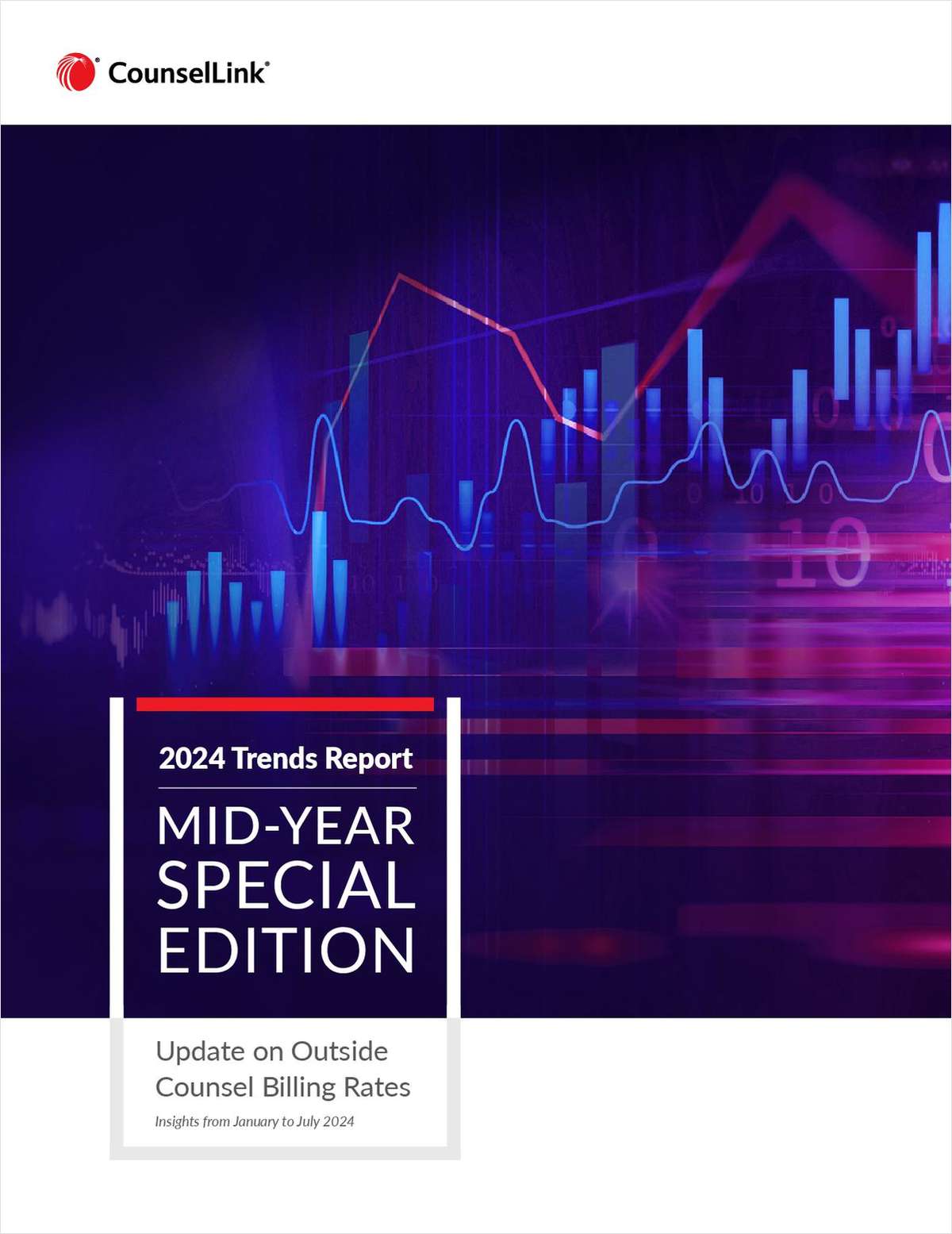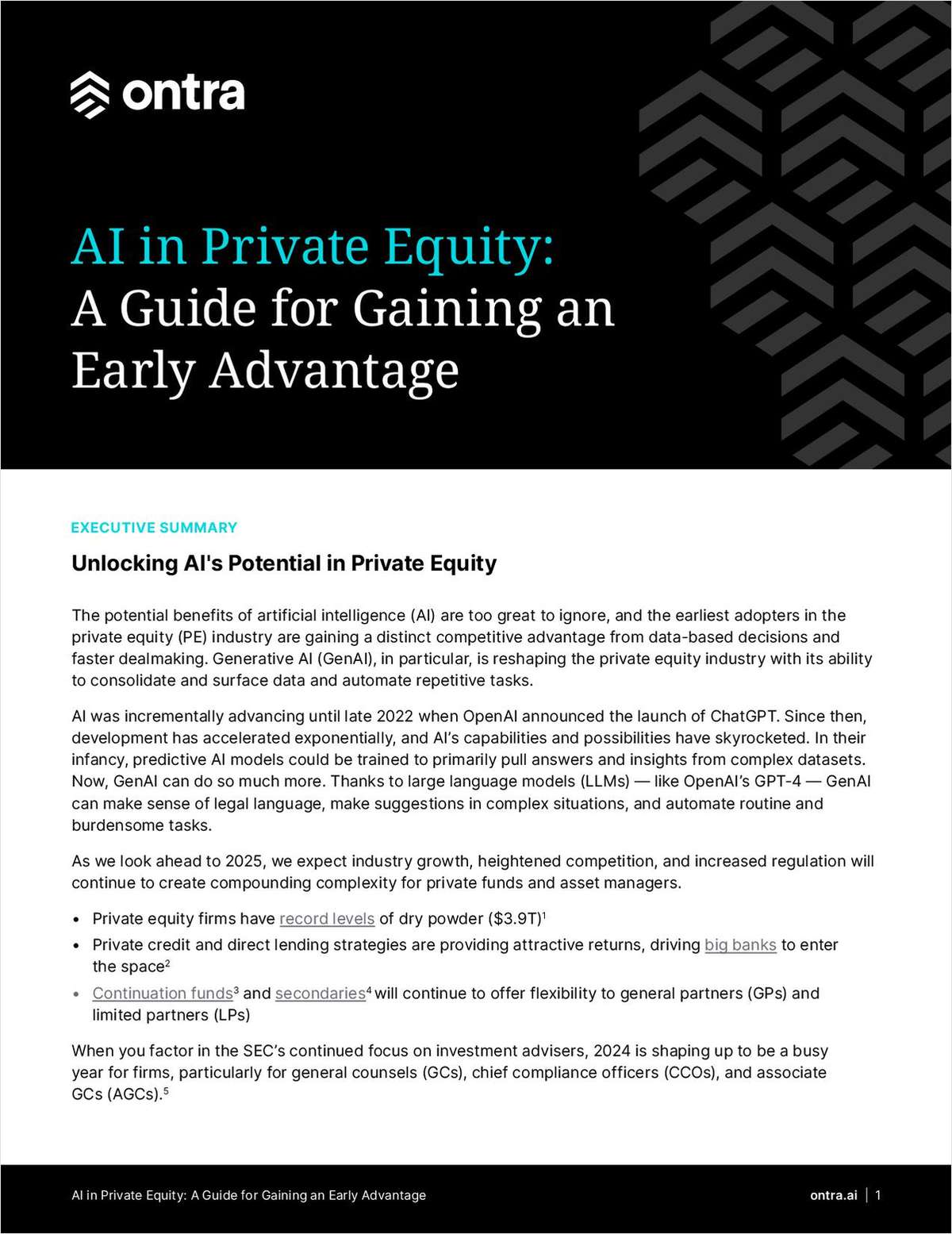Law Firms Still Grappling With Rising Pay: The Morning Minute
The news and analysis you need to start your day.
July 29, 2022 at 06:00 AM
5 minute read
WHAT WE'RE WATCHING
PAYIN' AND PRAYIN' - We regret to inform you that the unsustainable Big Law salary war is no longer sustainable. The pay gap in some instances is starting to become too much for even the most creative or cultured firms, Kristin Stark, a consultant at Fairfax Associates, told Law.com's Andrew Maloney. "The things that used to keep people at those firms—the culture, the history—it's hard for those to be as meaningful when the dollar gap is so big," she said. Meanwhile, bright ideas about how to remedy that issue—or maintain profits while keeping up with the elites—seem to be few and far between. About 80% of firm leaders who responded to the 2022 Law Firm Profitability Survey by LawVision and Iridium Technology said they were either "neutral" or disagreed in some fashion with the statement that they had "a good strategy" to address rising salaries so that profits won't be affected, according to survey results released this week. The authors of the report wrote that this is "a major red flag." "The reason it caused us concern—if they said they didn't have a strategy, they're out of balance. They either paid too much, or they're losing people, and things are sort of in flux," said Mark Medice, a principal at LawVision and one of the authors of the report. "Obviously, if you can't keep talent or you pay talent beyond your means, that will have a significant effect on your profitability."
HIGH COURT, MIDDLING MARKS - At the end of their first full term, the Biden administration's top lawyers before the U.S. Supreme Court defied a decades-long, declining win rate, but still lost six of the eight biggest cases, Law.com's Marcia Coyle reports. The Office of the U.S. Solicitor General, led by Biden appointee Elizabeth Prelogar, appeared in 52 of the term's 63 argued cases. Two of the 52 were dismissed as improvidently granted (DIGs) and one ended in a 4-4 split. Of the remaining 49, the office had an overall win rate of 67%. Breaking down the cases into where the government was a party, the win rate was 58%, and where it was an amicus, 76%—not exactly a fridge-worthy report card. Of the eight biggest cases of the term, the six that the office lost, either as a party or an amicus party, dealt with abortion; concealed carry rights; climate change; employer vaccine mandate; public funding of religious schools; and prayer at a public school event. Still, don't be too hard on 'em. As veteran high court advocate Alan Morrison of George Washington University Law School pointed out, the office doesn't decide which cases the justices will review. "In many cases, they're defending a law Congress enacted so they're further locked in," he said. "Or, it may be a position the government has had for years. You have to take all of that into consideration."
ON THE RADAR - Silver Lake-backed Cegid and Grupo Primavera, both providers of cloud business management solutions, have agreed to combine for 6.8 billion euros ($6.9 billion). The transaction, announced July 26, is expected to close in the third quarter of 2022. Lyon, France-based Cegid was advised by a Simpson Thacher & Bartlett team including partners James R. Howe, Shahpur Kabraji and Étienne Renaudeau. Counsel information for Grupo Primavera was not immediately available. Stay up on the latest deals and litigation with the new Law.com Radar.
EDITOR'S PICKS
| US Supreme Court Justice Clarence Thomas 'Unavailable' to Teach at GWU Law This Fall By Christine Charnosky |
| The Law Firm Disrupted: If Return To Office Is Critical, Can Food Be The Driver? By Dan Packel |
| 'Mindbogglingly Expansive': Twitter Blasts Musk's Discovery Demands as Parties Blame Each Other in Scheduling Row By Ellen Bardash |
NOT FOR REPRINT
© 2024 ALM Global, LLC, All Rights Reserved. Request academic re-use from www.copyright.com. All other uses, submit a request to [email protected]. For more information visit Asset & Logo Licensing.
Law Firms Mentioned
Trending Stories
- 1The Law Firm Disrupted: For Big Law Names, Shorter is Sweeter
- 2Wine, Dine and Grind (Through the Weekend): Summer Associates Thirst For Experience in 'Real Matters'
- 3The 'Biden Effect' on Senior Attorneys: Should I Stay or Should I Go?
- 4BD Settles Thousands of Bard Hernia Mesh Lawsuits
- 5First Lawsuit Filed Alleging Contraceptive Depo-Provera Caused Brain Tumor
Featured Firms
Law Offices of Gary Martin Hays & Associates, P.C.
(470) 294-1674
Law Offices of Mark E. Salomone
(857) 444-6468
Smith & Hassler
(713) 739-1250









